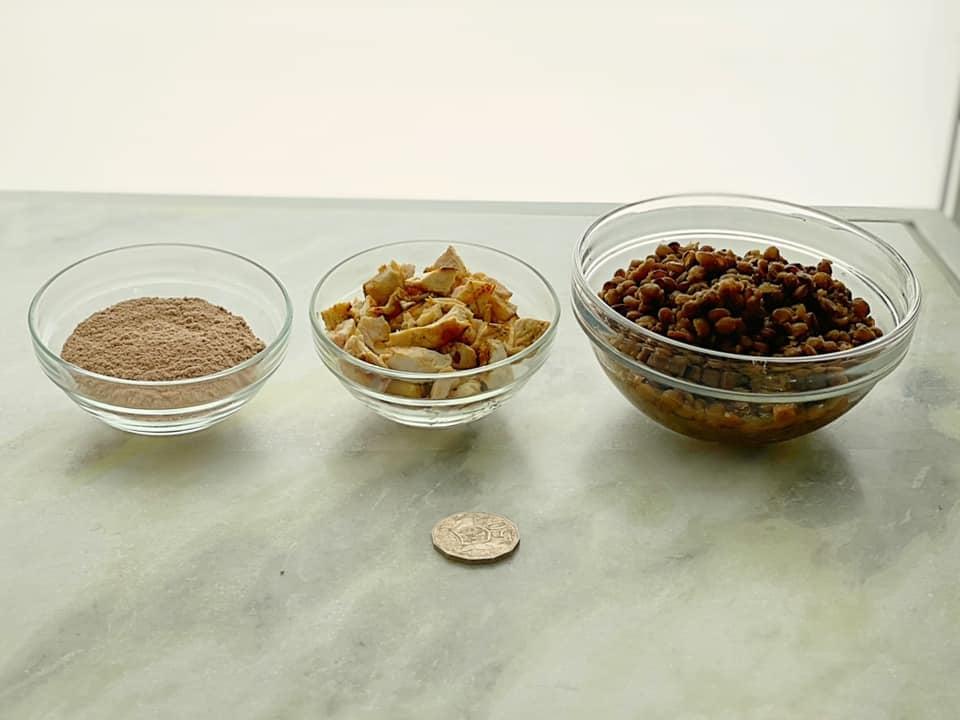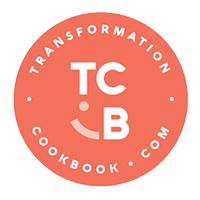Protein recommendations - How much do you need?
Of all the macros, it seems as though Protein creates the most controversy and confusion.
How much do you need for better health? For better results from exercise training? How much can a person absorb at one time? What about Protein for weight loss? How much for muscle gains?
All those questions we address simply and clearly. Plus we provide 3 simple steps that ensure you are getting the right type and amount to suit your needs.
Okay lets start with a question that's been around the fitness industry for about 100 years.
Q. The body can only absorb 25 grams of protein at a time, is this true?
Keep in mind that various protein sources both plant and animal origins differ in their bioavailability, digestion and assimilation.
For example, whey proteins are digested rapidly and present their amino acids in the blood stream in high amounts quickly. Which makes them ideal for recovery after workouts. Other animal and plant sources are absorbed at slower rates. They provide a steady stream of amino acids into the blood over several hours which also serves important roles in recovery and rebuilding.
Some proteins are absorbed in peptide-chains in the upper half of the intestine, where as other proteins have to undergo complete gastic hydrolysis of the individual amino acids to be absorbed in the lower half of the GI tract.
Some proteins's amino acids are utilised more by the spleen and liver other proteins amino acids survive splenetic uptake to be delivered to muscles in larger quantities.
When you consider all these aspects it would seem far-fetched to suggest that every single human on this planet can only utilize ‘x’ amount of protein at any one time. There is absolutely no science-based evidence that the human body can only absorb a specific amount of protein at a time, simply because of their differences bioavailability, digestion and utilisation by the body.

Q. How much protein do I need for better health?
That depends on who you are and what you're doing. If your goals involve improving exercise performance and body composition (more lean tissue & less fat), the real experts on this topic* suggest for both men and women, protein intakes of up to 1.5-3.0 grams/kg/day for physically active individuals is not only safe, it may improve the results we want from exercise training.
That's 2-3 times the recommended dietary allowance (RDA). This is not only acceptable, it's highly beneficial to improve health.
If you are after a percentage, rather than the out-dated 10-15%, it has now been established that up to 35% of your total daily energy intake from protein is a safe and effective strategy.
Q. What happens if I have too much protein?
Surprisingly, not much... no research has been able to establish a link of any kind that may suggest a particular protein amount will damage a healthy organ or body. The only problem is with extremes, which we never advocate, is going higher than 2-3 times the RDA, you start risking not obtaining enough fiber and fuel from other food sources.
The bottom line is, extensive research clearly shows when you do up your protein intake, it doesn't appear to increase weight or body fat. In fact increasing protein usually results in less body fat and a stronger, leaner, healthier body.
Q. What about protein for healthy ageing?
The methods used in research to help assess protein requirements are constantly improving, as a result so are the recommendations for protein needs in healthy ageing
For example, the average protein requirement recommended for men and women aged above 65 years has increased up to 1.29 grams per kilogram of body weight per day.
Another important recommendation is 25-30 gram dose of protein per meal is considered a safe effective strategy that promotes a stronger immune system, and preserves valuable muscle mass. Most people don't realize their muscles are the epicentre of their health, because muscle provides the fuel that powers the immune system.

Q. Where should my protein come from?
Now that's a great question. The fact is, most adults in developed countries already consume around double the recommended amount without even knowing it.
To optimize health, your protein sources should vary as much as possible. Plant-based and animal sources of protein provide important nutritional benefits. Often, the best results from exercise come from strategic consumption of various protein meals during waking hours.

Q. With weight loss, if a person weighs 100kg as an example but is looking to drop 20kg do they eat the protein based on an 80kg individuals guidelines?
If you want to eat to improve and impress, first thing I recommend looking at is your feeding frequency. While there is no magical number for the amount of meals per day you should consume. How often a person ‘feeds’ provides a lot of information on not only what they eat but also whether their environment and habits give them a chance for better health and results from exercise.
The biggest ‘secret of nutrition’ has nothing to do with macros, counting calories, cutting out carbs or any other nutrient. The most important rule of of nutrition for better health is; food proximity rules all. That means, whatever is close-by and easy-to-get-to, whether it is good or bad, you usually eat it.
I’m sure we all agree with that one.
Protein recommendations are not only influenced by type of exercise performed, but also the frequency, duration, and your training history, but also your age and sex – not whether you’re gettin’ it, I’m referring to gender!
For example, some research has shown that during exercise training, males oxidize (burn for fuel) more of the key muscle-building amino acids than women do. Other studies show that resistance exercise creates a protein cycling effect, that channels more protein to muscles.
Other considerations are the presence or absence of other macronutrients such as carbohydrate and fats. That is, carbohydrates can provide a protein sparing effect. Conversely, cutting carbs may increase protein requirements simply because more protein is being converted to blood sugar and used for fuel.
How to Transform your health and body
When it comes to transforming your health and body, simply prioritize your focus and take a systemized, progressive approach.
1. Construct the right environment at home and in the workplace, as in Shar's Kitchen Prep Video Series - This is essential for a consistent feeding pattern that promotes weight loss and a lean healthy body. This also adheres to the important rule of of nutrition that is, making sure better choices are consistently available and easy to get to, all the time.

2. Aim to ensure a rich source of protein in every meal. Selecting meals from the Transformation Cookbook makes this delicious and easy.
If you are after weight loss: aim for around 20grams of protein per meal. For optimising body composition - more muscle, less body fat! Aim for 25-35grams of protein per feeding.
For increases in body mass (gaining weight). Other macronutrients such as carbs have a protein sparing affect, this individual really only needs to consume 15-30 grams of protein per feeding.
3. Use the serving sizes in each recipe of the Transformation Cookbook so you get a real-world guide on what 20, 25 or 30 grams of quality protein from various foods actually looks like.

For fat loss and lean muscle gains, focus on making sure you know how much protein is in each meal. Then as your feeding patterns are established by great meal prep skills, you may want to attempt a more specific recommendation such a certain amount based on body weight. This can range from 1.5 up to 3 grams of protein per kilo of healthy body weight.
The irony is, worrying about 'macros', cutting out foods or restricting calories is pointless. Unless you know exactly what is in your meals and where those better choices are consistently going to coming from.
The Research:
International Society of Sports Nutrition Position Stand: Protein and Exercise. J Int Soc Sports Nutr. Jäger R, Kerksick CM, Campbell BI, Cribb PJ, et al. J. 2017 Jun 20;14:20.
FOLLOW Dr Paul Cribb PhD.





